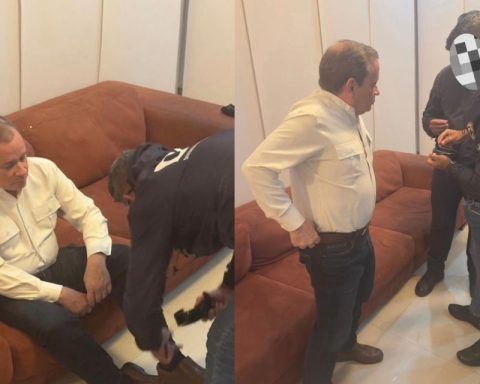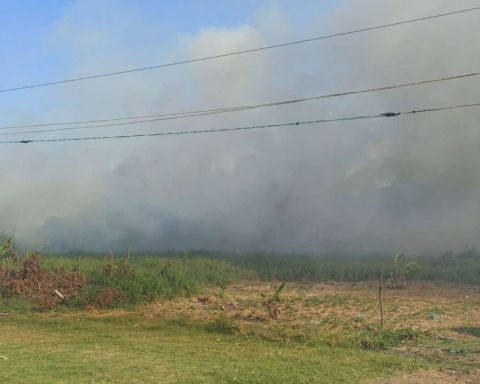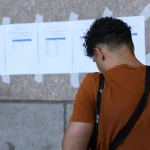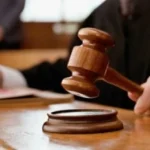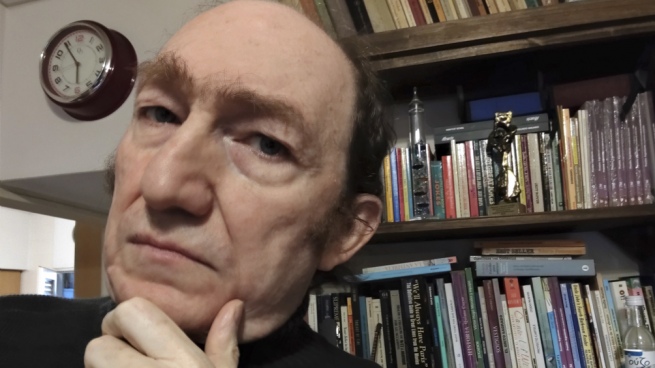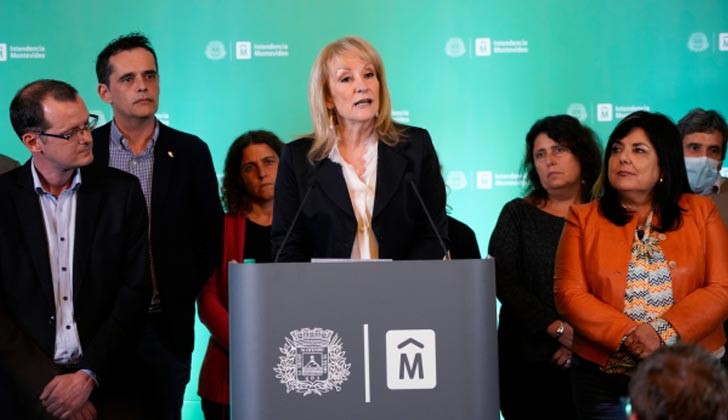
A group of “civic, academic and economic leaders of Venezuela, defenders of democracy”, addressed President Joe Biden and other authorities of the US government, to – within the framework of a very brief diagnosis of the national situation – make a call “ to continue promoting substantive and productive negotiations to resolve the Venezuelan crisis”. In these lines they urge “the government of Venezuela, the opposition political parties and the Unitary Opposition Platform, to resume the negotiation processes without delay.”
One of the keys to the communication is found in the evaluation that the signatories make of the sanctions applied by the United States government against Nicolás Maduro: “The economic sanctions and the policy of maximum pressure did not achieve their objectives,” says the document. Although it is admitted that “economic sanctions are not the root of the humanitarian emergency in Venezuela, they have seriously exacerbated conditions for the average Venezuelan. The vast majority of the people live in poverty, with food insecurity and exposed to severe health deficiencies. Electricity, sanitation and water quality are in a state of profound deterioration.”
This critical framework, in addition to the political and institutional agreements, must become one of the crucial issues in the talks when they are resumed: “The negotiations must place humanitarian issues at the center and advance their solution with the urgency they deserve.” ”. The group suggests “that the political-institutional and economic negotiations be based on incremental successes, building trust and goodwill for new agreements. These must follow the route of the possible, without posing extreme positions that other parties find impossible to accept”.
In summary, the document proposes that the sanctions be lifted as soon as possible, because they are “exacerbating” poverty, and that dialogue between the government and the opposition be resumed, with the support or accompaniment of the United States and other international factors. The Venezuelan president has been asked “to accept significant political and electoral reforms and to continue with the release of political prisoners.” While the opposition has been insisted on the “need to unify around basic and realistic principles that support possible agreements”; also, he has been “urged not to be held hostage by extremist voices that only perpetuate the painful (current) status quo”.
So far I have summarized the document signed by that group of Venezuelans, with some of whom I have very good personal relationships and for whom I feel enormous intellectual respect. The communication has been condemned and disqualified by many sectors, in some cases without its content being known, which has prevented dialogue around the issues raised in a rational way.
Although I share the conciliatory tone of the document, my basic differences with that approach are the following.
The weight of the sanctions in worsening the national and personal situation of Venezuelans is minimal. That is the truth and that is how people perceive it in the polls that I know. People place the central responsibility for the Venezuelan crisis on Nicolás Maduro and his government: more than 60% consider that this clique is largely responsible for the tragedy that Venezuelans have suffered for years. We are in the presence of the consequences of the expropriations, the waste of oil resources, the absurd financing of Cuba, the corruption and the export project of 21st century socialism. The government, despite the communicational hegemony it exercises throughout the country, has not been able to consolidate the opinion matrix according to which US sanctions, “war” or economic “sabotage” are the causes of the disaster. When people are asked why there is high inflation, or why there is no employment, electricity, clean water, internet connection or a good public transport and health system, they are not referring to sanctions, but to the lousy government current.
It is true that sanctions have lost the popular support that they achieved a few years ago. However, also according to the investigations that I know, the support is around 40%, well above the precarious 10% mentioned in the communication.
It is not true that the sanctions have not fulfilled the proposed objectives. Its severity forced a government as authoritarian and deaf as Maduro’s to sit down for a dialogue with an opposition it despised, in Oslo, the Dominican Republic, Barbados and Mexico. Had it not been for the pressure that these sanctions created, the regime would have appealed to the file of the Castro government in Cuba, or of the Ortega-Murillo duo in Nicaragua. The sanctions have served as a warning to indicate to Maduro and his people what awaits them if they continue to violate human rights as they are doing (and continue). You have to imagine the prison that Venezuela would have become if the regime had not been sanctioned.
Currently, sanctions are a negotiating card for the international community and the opposition to obtain free, transparent and supervised elections. That punishment will be lifted when Maduro commits himself before the international community to restore the rule of law, the constitutional state, not before. I see no other option.
@trinomarquezc




